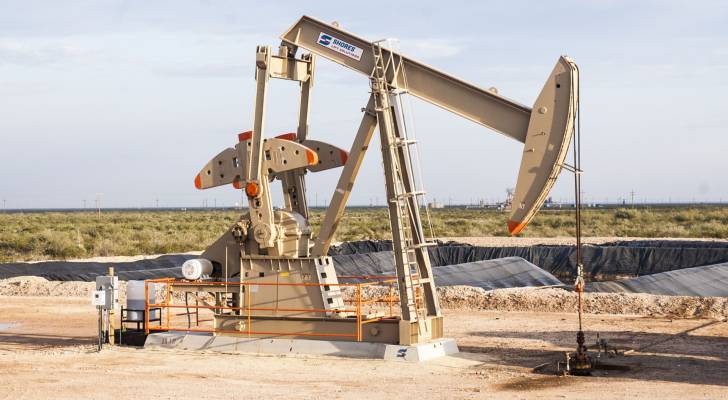Oil prices tick up amid US-EU trade deal
Oil prices saw a slight increase in early Monday trading, buoyed by a provisional trade agreement between the United States and the European Union, along with news of a potential extension of tariff suspensions between Washington and Beijing. These developments eased concerns about restricted economic activity and declining fuel demand.
Brent crude futures rose 22 cents, or 0.32%, to $68.66 a barrel, while US West Texas Intermediate (WTI) crude climbed 22 cents, or 0.34%, to $65.38 a barrel, according to Reuters data.
Trade Deal Boosts Markets
Tony Sycamore, an analyst at IG Markets, said the US-EU trade agreement and the potential extension of US-China tariff suspensions contributed to supporting global financial markets and oil prices.
The trade agreement, finalized between the US and the EU on Sunday, included a 15% tariff on most EU goods, half the rate the US had previously threatened. The deal effectively averted a potential trade war between two major economic allies.
Potential Truce with China
In a related development, top negotiators from the US and China are scheduled to meet Monday in Stockholm in an effort to extend a trade truce between the two countries. This truce has so far prevented higher tariffs ahead of an Aug. 12 deadline.
Oil Markets Stabilize
Last week, oil prices stabilized at three-week lows amid escalating global trade concerns and increased supplies from Venezuela. Despite Monday's slight rise in oil prices, expectations that the OPEC+ alliance might ease production restrictions limited gains.
The OPEC+ Joint Ministerial Monitoring Committee is scheduled to meet at 12:00 GMT today. Expectations are that the committee will not recommend changing current plans, which call for increasing production by 548,000 barrels per day in August.
Meanwhile, the OPEC+ alliance is keen to regain market share, with seasonal summer demand supporting the absorption of additional crude quantities.
JPMorgan analysts said global oil demand rose by 600,000 barrels per day in July compared to last year, while global oil inventories increased by 1.6 million barrels per day.




